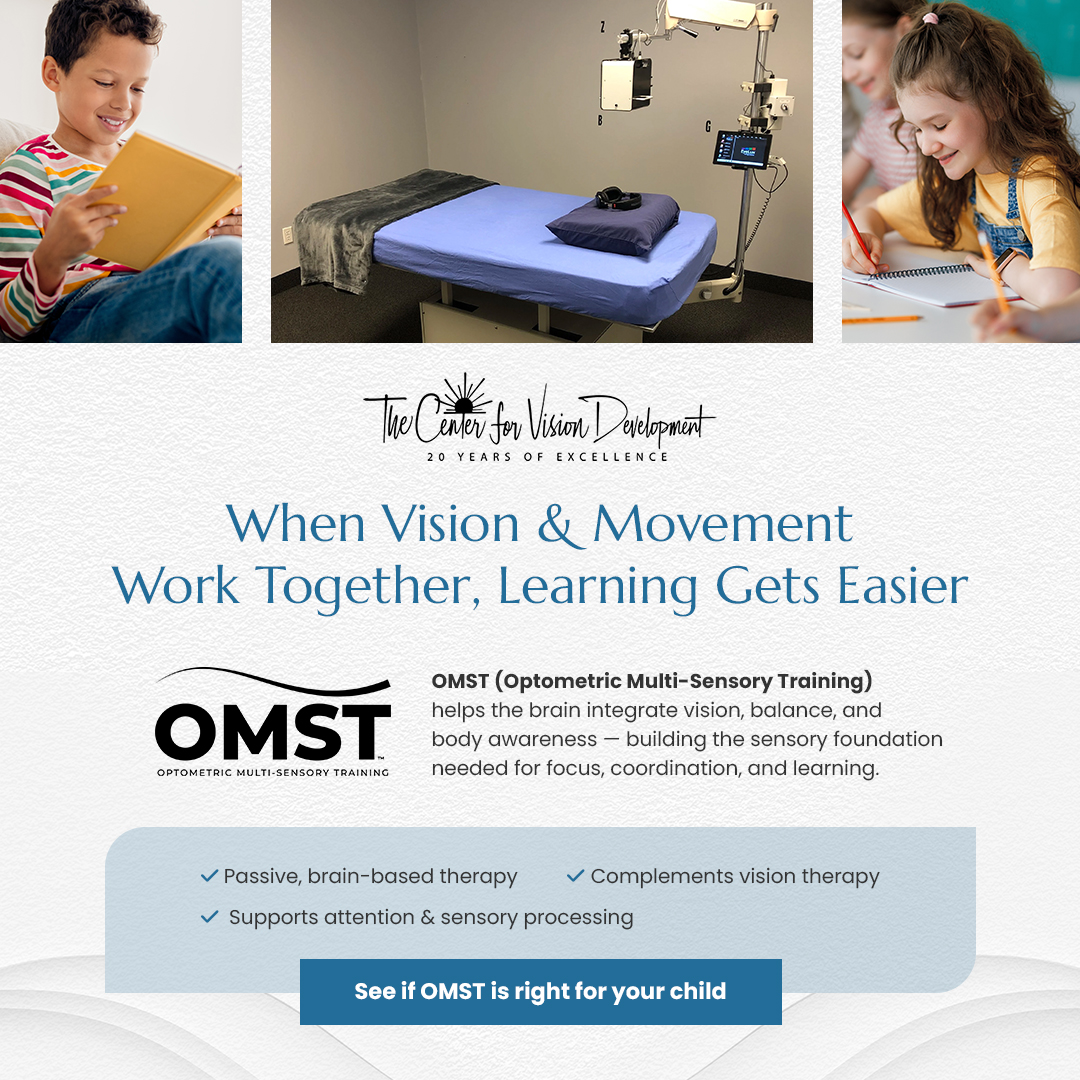
Can Adults Do Vision Therapy?
As helpful as vision therapy can be for children who struggle in the classroom, it can also benefit adults in similar ways. This includes adults who have 20/20 vision.
Vision therapy is a non-invasive treatment that works to improve vision by retraining the brain to see properly and properly interpret images. Vision therapy is based on the principle that your eyesight isn’t just about how well you can see, but also about how well you can process what you see. Read on as a vision therapy optometrist Washington, DC talks about how adults can benefit from vision therapy.
What Is Vision Therapy?
Vision therapy is a form of treatment that helps your brain communicate more effectively with your eyes. It’s used to treat people who have problems with their vision, such as blurred or double vision, headaches, dizziness, and other symptoms caused by underdeveloped eye-brain connections.
Vision therapy can be helpful for adults who have trouble reading or focusing on small details. It can also help adults who have difficulty with depth perception or tracking objects as they move across the field of vision. It can also help adults (and children) improve their visual skills and processing speed, reduce stress and anxiety, and improve your overall quality of life.
What are Common Problems Associated with Poor Visual Skills?
Poor visual skills can lead to eye strain, headaches, and fatigue when performing tasks such as reading charts on walls or concentrating on computer screens for long periods of time without breaks. This can also affect your ability to drive safely at night or while driving during rush hour traffic as your vision may become blurry or distorted due to eyestrain.
How Does Vision Therapy Work?
Vision therapy works by improving the brain’s ability to process and interpret images. The brain needs specific information in order to understand what it’s seeing, and in some cases, this information may not be getting through as well as it should. Vision therapy uses targeted exercises designed to help your eyes work more efficiently to deliver clearer signals to the brain.
Vision therapy usually involves a combination of exercises and lenses that are worn over the eyes. The exercises help you learn new skills, such as tracking an object with your eyes. Specialized lenses help make these tasks easier for your brain by strengthening certain muscles in your eyes.
Some common conditions vision therapy can help with include:
- Difficulty with focusing, tracking, and reading
- Eye strain, headaches, and double vision
- Poor depth perception and eye coordination
- Strabismus (a condition in which the eyes are misaligned)
- Amblyopia (lazy eye)
- Convergence insufficiency (difficulty focusing on near objects)
- Traumatic brain injury
If you have more questions or wish to schedule a consultation, please feel free to call us, your vision therapy optometrist Washington, DC.











